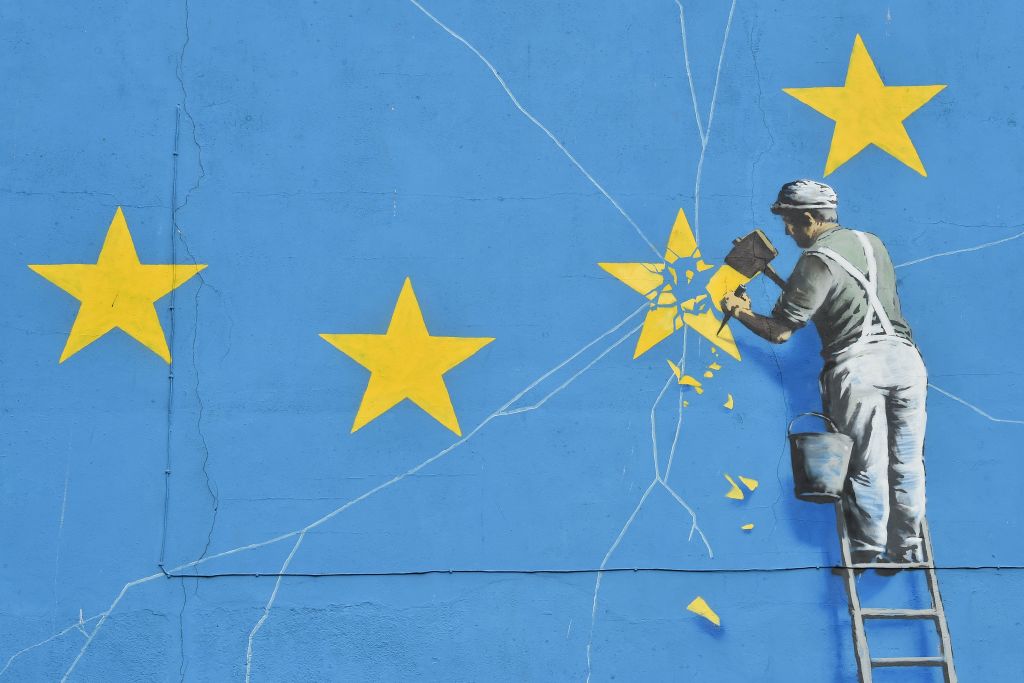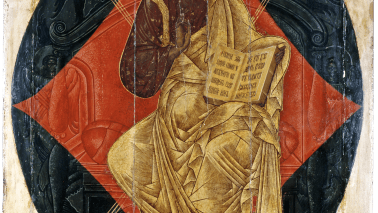Three decades after the fall of the Berlin wall, Europe is once again at a crossroads. In 1989 and the years that followed, the Soviet Union ceased to exist and Germany was unified. The newly independent, once Communist states – including my home country of Poland – embarked on the road to democracy, free markets, and the rule of law. Poland was welcomed back into the European family, and we joined the ranks of Nato. But Europe now faces a threat to its hard-won unity.
The threat can be seen in the imminent departure of the United Kingdom, violent protests in France, and the rise of insurgent political parties across the continent rebelling against arbitrary power concentrated in the hands of bureaucrats in Brussels. These forces are fuelled by a litany of legitimate grievances, not least of which is the handling of the refugee crisis and voters’ sense that their voices are not being heard by their representatives.
Many of the problems that bedevil Europe today originate beyond our borders and range from migration to energy and national security.

Get Britain's best politics newsletters
Register to get The Spectator's insight and opinion straight to your inbox. You can then read two free articles each week.
Already a subscriber? Log in






Comments
Join the debate for just £1 a month
Be part of the conversation with other Spectator readers by getting your first three months for £3.
UNLOCK ACCESS Just £1 a monthAlready a subscriber? Log in